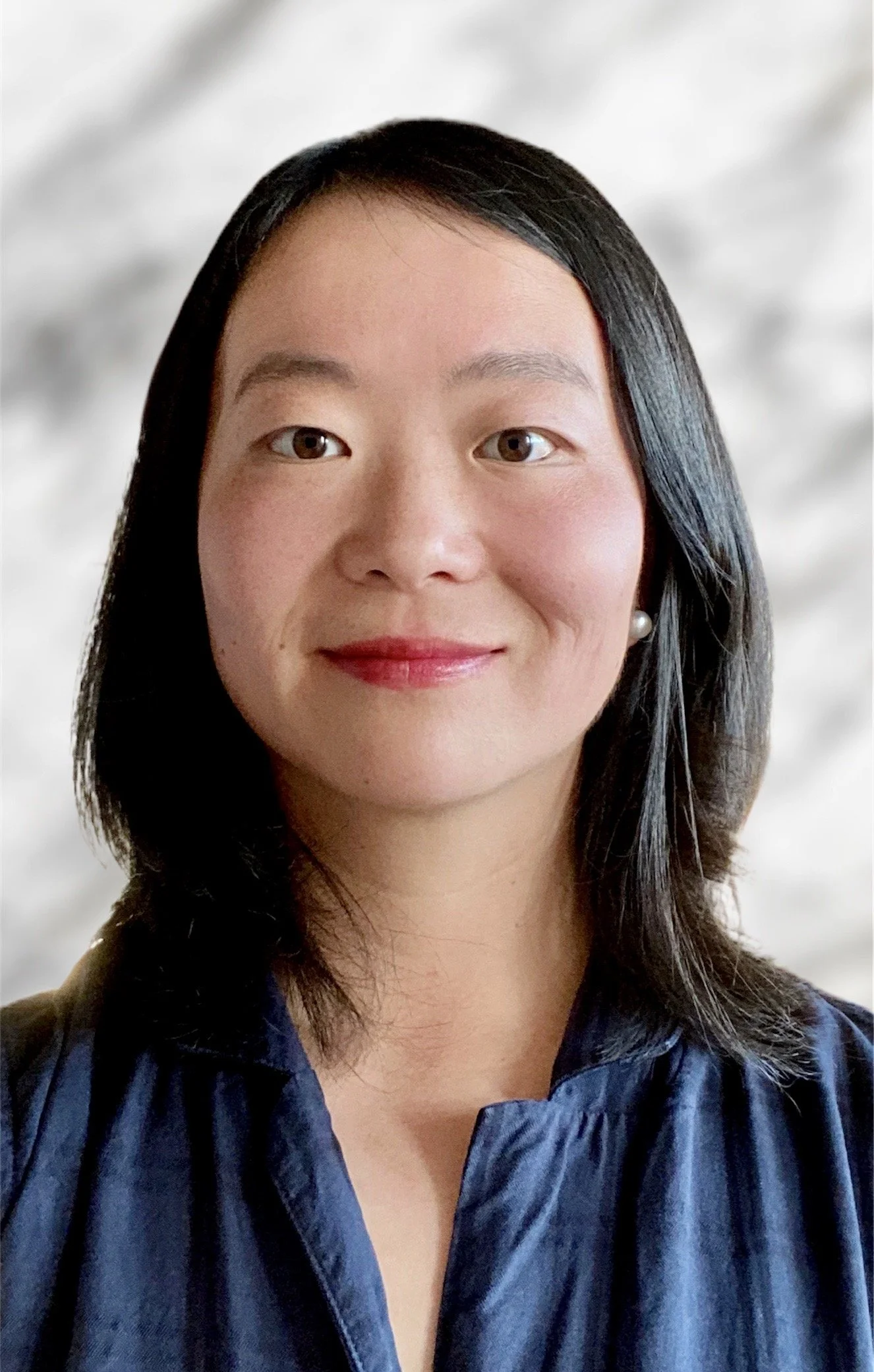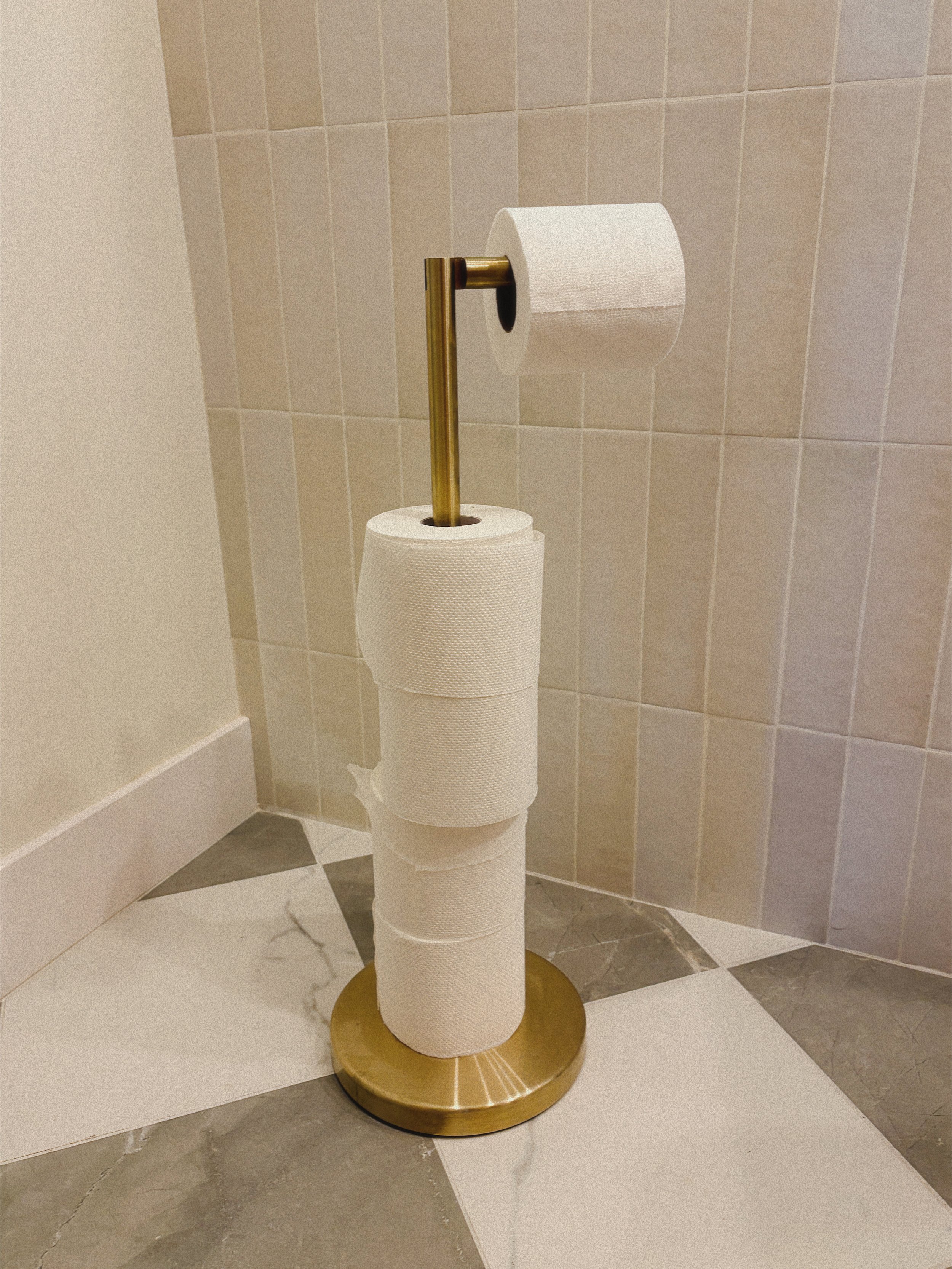Interview: How Much Plastic is in Your Body? Million Marker Can Tell You.
A Conversation with Jenna Hua, Founder of Million Marker — the ONLY mail-in test for BPA, phthalates, and more….
Jenna Hua is a dietitian and environmental health scientist whose research has focused on how our surrounding environment impacts our behaviors and health. After suffering from multiple miscarriages, with doctors repeatedly telling her “better luck next time”, she decided to take matters into her own hands — and Million Marker was born.
I interviewed Jenna to talk about her founder story and why the innovative at home test provided a solution to a largely under researched public health crisis. We covered phthalates, BPA, fertility, greenwashing, and so much more. Using my personal test as an example, we walked through my results together to show how Million Marker can help you take back control of your own health.
An Unlikely Start…
Jenna's path to founding Million Marker began in academia, where she studied environmental exposures. She knew that daily exposure from everyday toxins had an impact on our health…. but how much? Frustrated by the limitations of available data, she knew she had to do something different. So, she decided to build a product that people would actually want to use that also pushed science forward in this critical area.
“We literally have been studying these chemicals for decades. How could the public not have access to this data?”
What the Million Marker Test Looks For
The test measures 13 transient chemical metabolites in your urine—chemicals your body can detox naturally if you eliminate exposure. These include phthalates (often found in plastics and fragrances), BPA, and other hormone disruptors.
Why did they choose these? Because they’re actionable. Once you have the information, you can make simple lifestyle and product changes and see results almost immediately. Million Marker gives actionable tips here too, uniquely customized to your profile and test results.
Why Label Reading Isn’t Enough
One major insight from Million Marker’s testing? Label claims don’t always match lab results.
Contamination can occur at the manufacturing level
Products can leach chemicals from plastic packaging (especially in heat)
Essential oils are often distilled in plastic tubing and can carry synthetic fillers. Jenna recommends avoiding all fragrances in general if you are pregnant or struggling with getting pregnant.
The Results
Despite some shocking findings, Million Marker’s report is optimistic and very action-driven. Before sending in my sample, I filled in every single product into their questionnaire that I use (which was surprisingly alot when I actually went through it) and I got a 54 page report that offered a detailed analysis of all the sources of my potential toxin exposures and tons of guidance to address it.
You receive:
A personalized breakdown of exposure levels with explanations
Ingredient red flags in your actual products
Swaps, keywords to look for, and a growing approved products list
The goal? Small, sustainable shifts. Eventually, Jenna wants to make testing for toxins as ordinary as getting your teeth cleaned.
Final Thoughts Million Marker isn’t just a test—it’s the start of a cultural movement that normalizes transparency, health, and knowledge. We may not be able to control everything, but thanks to leaders like Jenna Hua, we can understand more about our own health, demand more from companies and government, and build towards a more sustainable future.
Curious what your chemical exposure levels are? Learn more or order a test at MillionMarker.com
*Use Code wholebunchclub for $10 off your order
A registered dietitian and environmental health scientist by training, Jenna's past research has focused on how our surrounding environment impacts our behaviors and health. An ardent believer in disease prevention, she wants to provide personalized preventive strategies to everyone to lead a healthier life.
Jenna’s extensive experience as an academic and health advocate led to her founding Million Marker in 2019, shortly after completing a Postdoctoral Fellowship with Stanford University’s School of Medicine. Throughout her career in academia, Jenna has researched and published numerous studies that largely focused on citizen science, general health, and the impact of food consumption on a person’s well-being.
In one of her most recent publications, Jenna used machine learning to identify people based on food consumed in order to offer healthier food options. She also published another report that studied the arsenic exposure and risks of eating rice within adolescents in Kunming, China. Jenna has been a Project Manager for UNC’s Carolina Population Center, a Graduate Instructor and Research Assistant at UC Berkeley, and a Project Manager at UCLA’s Center for Population Research. She was also a US Fulbright Fellow at the Institute of International Education in Kunming, China. Jenna holds a BS in Nutrition and an MPH and PhD in Environmental Health Sciences from UC Berkeley.

This page may contain affiliate links. This means that if you click on a link and make a purchase, I may earn a small commission at no additional cost to you. I only recommend products or services that I personally use or believe will add value to my readers.






Not all sunscreens are safe for kids. We break down what to look for (and what to skip), why mineral sunscreen is better, and our top clean, kid-friendly picks for summer 2025.